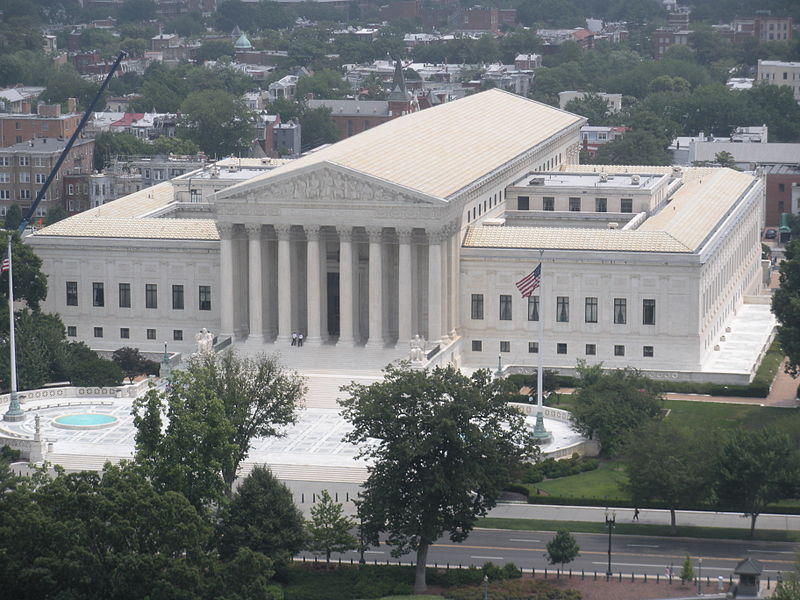In employment cases that Barrett has seen, she has adopted largely anti-worker — and on two occasions, racially discriminatory — positions. In 2017, Barrett voted not to re-hear U.S. Equal Employment Opportunity Commission v. Autozone, in which a three-judge panel ruled in favor of an Autozone which had segregated its stores based on race. In a 2019 case, she ruled against a Black Illinois Department of Transportation worker who had alleged that his firing was racially-motivated, given racist verbal harassment he experienced on the job. And this year, Barrett ruled that GrubHub drivers could not file a class action lawsuit against their employer — a blow to workers in the rapidly expanding gig economy.
If appointed, Barrett would cement the conservative majority on a court that has already demonstrated a strong anti-worker tendency. In two major labor cases in the last three years the Supreme Court ruled 5 – 4 to curb union and worker protections. In Epic System Corp. v. Lewis, the Supreme Court determined that employers could contractually obligate workers to forgo their right to collectively sue the employer — before the decision, class action lawsuits were regarded as “protected concerted activity” under Section 7 of the NLRA. And in Janus v. AFSCME, the court ruled that public-sector unions could no longer require represented workers to pay union fees, again voting along conservative-liberal lines.

